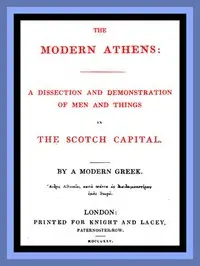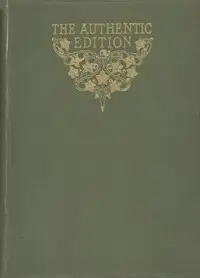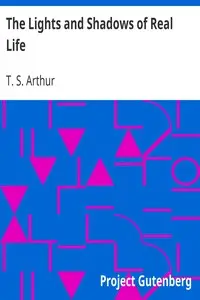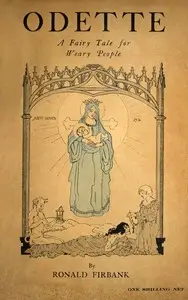"On Singing and Music" by Society of Friends is a spiritual treatise published in the late 19th century. This work articulates the Society's perspective on music and singing as they relate to worship and spiritual practice, warning against the dangers of relying on outward forms and ceremonies in religious meetings. It was produced following a Yearly Meeting of Friends held in Philadelphia in 1885, indicating a significant moment in the Society's ongoing dialogue about the nature of spiritual worship. The book emphasizes the importance of inward, heartfelt worship as opposed to the ritualistic elements often associated with music and singing. It critiques the introduction of practices such as congregational singing and the reading of Scriptures in meetings, arguing that these can lead members away from a true communion with the Divine. The essay outlines the need for Friends to maintain their ancient testimony to the necessity of waiting in silence and relying on the Spirit for genuine worship, rather than being swayed by emotional responses elicited by music. The work serves as both a cautionary reminder and an affirmation of the Society’s emphasis on spiritual integrity and authenticity in worship practices. (This is an automatically generated summary.)

On Singing and Music
By Society of Friends
"On Singing and Music" by Society of Friends is a spiritual treatise published in the late 19th century. This work articulates the Society's perspecti...
Quakers are people who belong to the Religious Society of Friends, a historically Protestant Christian set of denominations. Members refer to each other as Friends after John 15:14 in the Bible, and originally, others referred to them as Quakers because the founder of the movement, George Fox, told a judge to quake "before the authority of God". The Friends are generally united by a belief in each human's ability to be guided by the inward light to "make the witness of God" known to everyone. Quakers have traditionally professed a priesthood of all believers inspired by the First Epistle of Peter. They include those with evangelical, holiness, liberal, and traditional Quaker understandings of Christianity, as well as Nontheist Quakers. To differing extents, the Friends avoid creeds and hierarchical structures. In 2017, there were an estimated 377,557 adult Quakers, 49% of them in Africa followed by 22% in North America.













